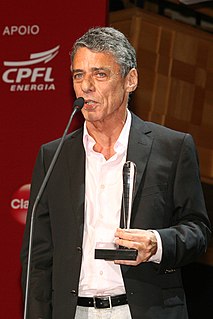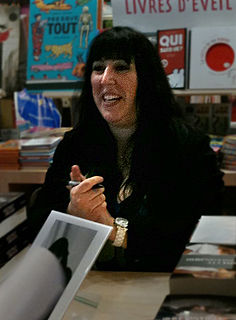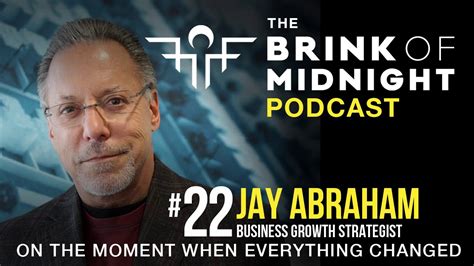A Quote by George Eliot
When one is grateful for something too good for common thanks, writing is less unsatisfactory than speech-one does not, at least, hear how inadequate the words are.
Related Quotes
Throughout the 1980s, we did hear too much about individual gain and the ethos of selfishness and greed. We did not hear enough about how to be a good member of a community, to define the common good and to repair the social contract. And we also found that while prosperity does not trickle down from the most powerful to the rest of us, all too often indifference and even intolerance do.
All who strive to live for something beyond mere selfish aims find their capacities for doing good very inadequate to their aspirations. They do so much less than they want to do, and so much less than they, at the outset, expected to do, that their lives, viewed retrospectively, inevitably look like failure.
A layman will no doubt find it hard to understand how pathological disorders of the body and mind can be eliminated by 'mere' words. He will feel that he is being asked to believe in magic. And he will not be so very wrong, for the words which we use in our everyday speech are nothing other than watered-down magic. But we shall have to follow a roundabout path in order to explain how science sets about restoring to words a part at least of their former magical power.
What do you mean less than nothing? I don't think there is any such thing as less than nothing. Nothing is absolutely the limit of nothingness. It's the lowest you can go. It's the end of the line. How can something be less than nothing? If there were something that was less than nothing, then nothing would not be nothing, it would be something - even though it's just a very little bit of something. But if nothing is nothing, then nothing has nothing that is less than it is.
I did play a dentist in Waiting for Guffman. I wrote the speech at the conference. In the original script, when it got to that scene, it was, 'Thank you very much. Good night.' Literally. I just thought, 'He keeps talking about this speech. The keynote address is the big thing in his life and this is too important to say, "Thank you. Good night." I think we have to see and hear him doing what he does.' So I got together with my dentist and we worked through a few things.
Make your copy straightforward to read, understand and use. Use easy words; those that are used for everyday speech. Use phrases that are not too imprecise and very understandable. Do not be too stuffy; remove pompous words and substitute them with plain words. Minimize complicated gimmicks and constructions. If you can't give the data directly and briefly, you must consider writing the copy again.
The washing of dishes does seem to me the most absurd and unsatisfactory business that I ever undertook. If, when once washed, they would remain clean for ever and ever (which they ought in all reason to do, considering how much trouble it is), there would be less occasion to grumble; but no sooner is it done, than it requires to be done again. On the whole, I have come to the resolution not to use more than one dish at each meal.







































